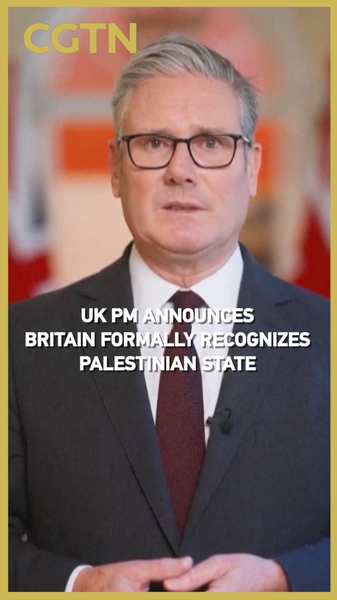In a landmark move, British Prime Minister Keir Starmer announced that the United Kingdom officially recognizes a Palestinian state. The decision comes on the heels of Canada and Australias recognition, marking a tide of support for Palestinian sovereignty.
Global Context: Over 140 UN member states already recognize Palestine, but key Western nations have historically hesitated. The UKs shift adds momentum to international calls for a two-state solution, fueling discussions ahead of upcoming United Nations sessions.
"By recognizing Palestine, we reaffirm our commitment to lasting peace in the Middle East," Starmer stated, framing the decision as vital for regional stability. Analysts suggest this move could reshape diplomatic ties and encourage dialogue between longstanding adversaries.
From a business perspective, entrepreneurs and investors see new avenues opening in Palestinian markets, particularly in renewable energy, fintech, and sustainable agriculture. "Recognition brings clarity and could unlock partnerships that drive economic growth," noted global policy expert Lana Hussein.
For young activists and cultural changemakers, the announcement resonates with broader movements for human rights and self-determination. Social media buzz highlights hopes for expanded academic exchanges, visa facilitation, and cultural collaborations.
Whats next? Israels response, the path to formal UN membership, and the realities on the ground will shape the next chapters in this evolving diplomatic landscape. Global citizens will be watching as nations reassess their foreign policy in pursuit of lasting peace.
Follow global reactions and in-depth analysis as this story develops.
Reference(s):
cgtn.com




